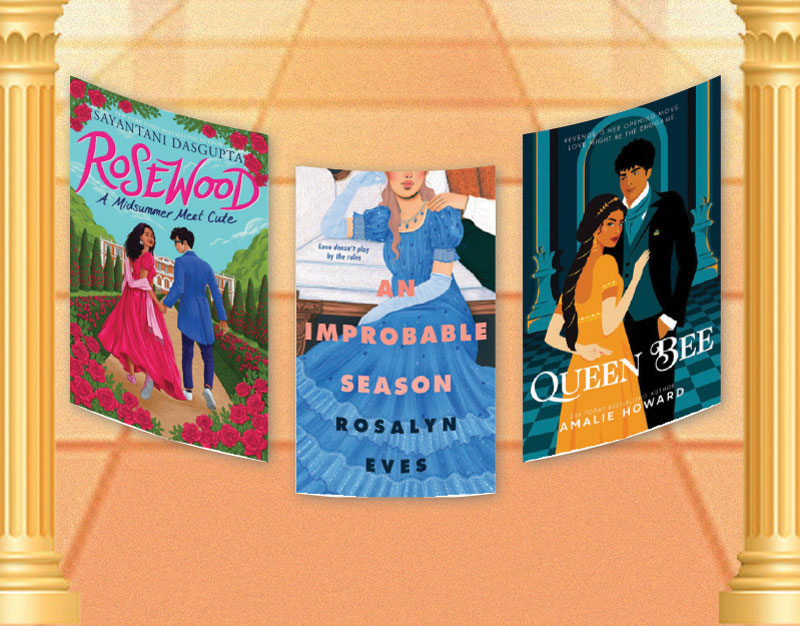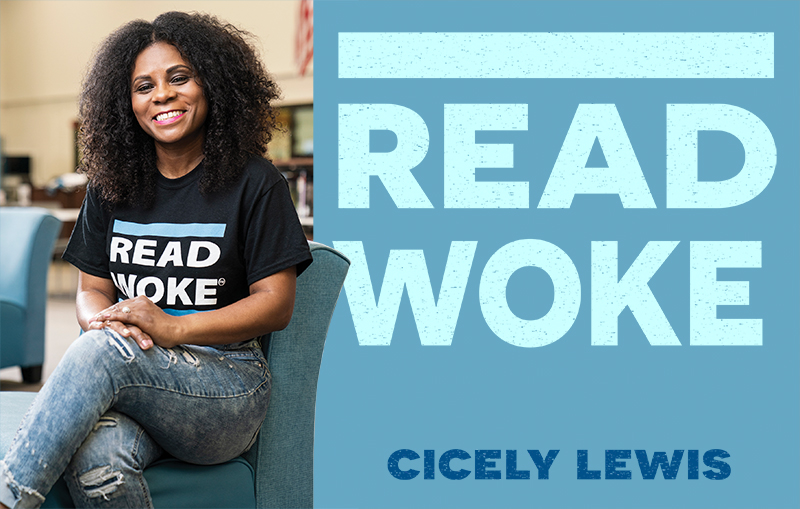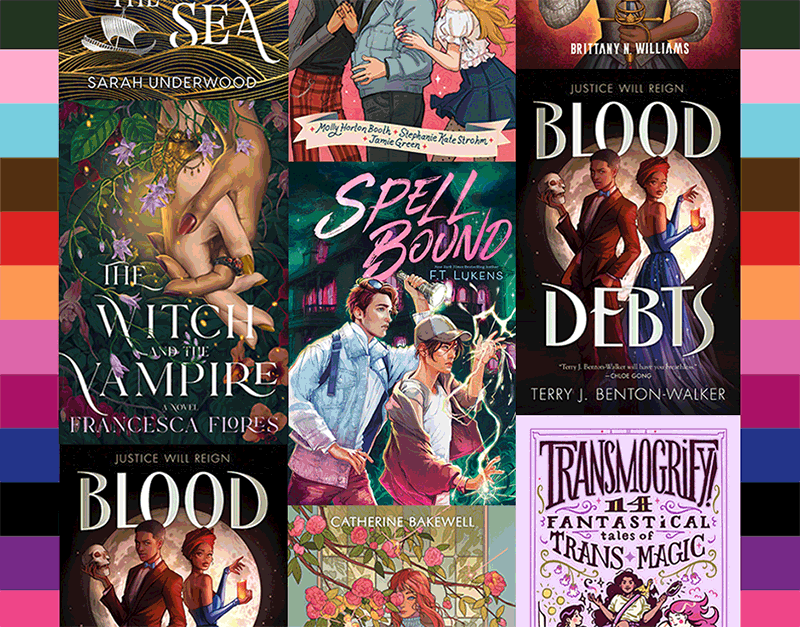#SJYALit: The Lunar Chronicles as a Reflection of Current U.S. Political Climate, a guest post by Emily Keyes
Today as part of our Social Justice in YA Lit series, Emily Keyes discusses authoritarianism, othering, and The Lunar Chronicles.
When I first started brainstorming this blog post, I planned to recommend a number of dystopian Young Adult novels whose plots exhibited the issues of authoritarian governments, racism, sexism, and other-ing in believable ways, in order to help teens better understand the current political climate and stay motivated to resist. I started what I thought would be a month-long reading binge of different series, from Divergent to Pretties to Unwound, but upon finishing each book, I kept coming back to what I feel is, to date, the best dystopian series, YA or otherwise, that I have ever read: Marissa Meyer’s Lunar Chronicles.
Precisely what makes Meyer’s series so fantastic is that at the current moment, none of the things in her books seem remotely unbelievable. Both Lunar Chronicles’ world has: an authoritarian government, racism, sexism, classism, and economic crisis, all issues we are currently dealing with in the US.
ADVERTISEMENT
ADVERTISEMENT
When I began reading Marissa Meyer’s Lunar Chronicles, it was right when the US election was in full swing, and the characters, plot, and general state of the world built by Meyer’s imagination so closely mirrored my own that at times, it was a little spooky. What follows is a brief summary of the ways that Meyers represents authoritarian governments, racism, and other-ing, and how these representations can inform and inspire readers to fight against these injustices.
The character of Queen Levana Blackburn, the villain of the series, and, in my opinion, one of the most vividly crafted authoritarian leaders I’ve ever read, helped me better understand the motivations behind many of the political actions Donald Trump has made before and since entering the presidential office. Both Levana and Donald Trump have two main motivations: power and adoration.
Trump and Levana have a deep-seated need to be loved by their people, and are unwilling to admit that anyone would be unhappy under their rule. When faced with evidence of citizens’ discontent, however, they are both so shocked that they either deny it or let the distress of such a realisation begin to crumble their composure. Just look at how upset Trump was after the Women’s March. If we can continue to show our discontent through marches, protests, calls to legislature, we can affect distress such that our very own American Queen Levana starts to falter, and perhaps America’s Linh Cinder can step in.
The issues of racism and other-ing Meyers builds into the Lunar Chronicles world also mirror those same issues in the US. Earthen society differentiates between humans, androids and cyborgs. Only the former is considered normal and worthy of anything approaching respectful treatment and rights.
Androids are programed to be ‘useful’ above all else, making them naturally subservient to humans such that they often spend their lives as servants, prostitutes, or escorts. The main android in the series, Iko, has a glitch in her programming that gives her a vivacious personality and a kind heart, but she is still often treated, by both her friends and outsiders, as though she were somehow separate, made only to serve those around her.
ADVERTISEMENT
ADVERTISEMENT
Like androids, cyborgs in Earth’s Eastern Commonwealth also have no free will and are owned like property The series’ main character, Linh Cinder, experiences substantial prejudice because she is a cyborg. She is at risk of being drafted for plague cure testing, at the end of which she would be killed, her foot is taken away by her owner, and both doctors and friends handle her control panel without her permission. The treatment of both Iko and Cinder’s characters at various points in the series reminded me of the way women are often treated in society, as though we are objects undeserving of rights and capable of being owned or touched without our permission.
Lunars, those from the moon colony but residing on Earth, are perhaps the group receiving the most prejudice and injustice. Lunars cannot reveal their origin on Earth lest they risk being arrested and sent back to their colony to face no end of unimaginable punishments at the hands of Queen Levana. This reminded me of the current battle many immigrants, especially those from Latin America, face with US immigration forces attempting to deport innocent residents without cause.
The Lunar Chronicles’ depiction of the unequal treatment of beings resulting from differences in their gender, genetic makeup and origin perfectly mirrors the continuing issues with sexism, racism and other-ing in the US. Though there is no Happily Ever After at the end of the series, and no clean and tidy resolution of the issues relating to Iko and Cinder’s rights, the series’ end reminded me, and I hope it will remind other YA readers, that sexism, racism and other-ing cannot be defeated in day, but instead requires working together and making a continuous commitment to reversing the opinions, legislature and societal structure that supports inequality and the subjugation of certain groups of people.
Meet Our Guest Blogger
Emily Keyes is an avid reader of YA fiction finishing her Masters of Science in Digital Library Management at the University of Sheffield in Sheffield, England. Originally from Maryland, she hopes to work as a Special Collections Librarian for part of her career, using her previous degree in Medieval Studies to preserve and organise medieval manuscripts. She then hopes to work as a School Media Specialist in international schools. As an early-career librarian, she’s always looking for advice and recommendations about jobs, publications, and good books, and you can find her on Twitter @eckeyes.
Filed under: #SJYALit
About Karen Jensen, MLS
Karen Jensen has been a Teen Services Librarian for almost 30 years. She created TLT in 2011 and is the co-editor of The Whole Library Handbook: Teen Services with Heather Booth (ALA Editions, 2014).
ADVERTISEMENT
ADVERTISEMENT
SLJ Blog Network
2024 Books from Coretta Scott King Winners
The Ultimate Love Letter to the King of Fruits: We’re Talking Mango Memories with Sita Singh
Monkey King and the World of Myths: The Monster and the Maze | Review
Parsing Religion in Public Schools
ADVERTISEMENT










